From all around the country, young men who want to strengthen their Torah knowledge and observance of Judaism arrive at the Yeshiva to discover a true taste of being a Torah Jew and to feel the World to Come already in this world. It generally takes a week or two to acclimate to the busy and demanding daily Yeshiva schedule. However, the incredible gratification that each student feels when he goes to bed after a long busy day of learning cannot be described in writing.
It’s morning. Everyone gets woken up early for shacharit (morning prayers). The students run with their tefillin in hand toward the library adjacent to the Synagogue. There, the students don their tefillin and enter directly into the large Bet Midrash (study hall) for shacharit. Together with the Rosh Yeshiva Rav Daniel Zer and the mashgiach Rabbi Michael Mazoz, they pray slowly and with much intent and concentration. The prayer service is so uplifting that the student almost forgets that he is still in the physical world. At the conclusion of shacharit, the mashgiach gives a short, sweet and uplifting sermon to strengthen the soul from the holy book “Aley Shor”. Afterwards, the students go back to the library, take off their tefillin and head out together to have breakfast in the dining room.
Immediately following the Grace after Meals everyone excitedly enters the Bet Midrash for the first learning session. The new students learn together with the Yeshiva Torah scholars in a chavruta (partnership). Every student receives personal attention from a Torah scholar who helps guide him in the learning of the holy Gemara (Babylonian Talmud). Although it is first challenging to understand the words of the Gemara, which is written in Aramaic in a unique and terse fashion and without vowels; together with the help of the Torah scholar, things slowly become easier. Some of the more advanced students study together in partnership. They are assigned a specific page of Gemara to learn from by the lecturing Rabbi, and they prepare this page until 11:30. Then, everyone goes up to the classrooms, separating into their specific class and levels.
There are a number of lectures in the Yeshiva. Rabbi Yehuda Shimoni (who many are familiar with from the inspiring lectures on our website) teaches the beginner level class. The Rav explains the Gemara while simultaneously conveying different concepts in Judaism. Our Rosh Yeshiva, Rav Daniel Zer, gives over the Gemara lecture for the second level class. There are likewise four other lectures given by various Rabbis: Rabbi Nisan Tsabri, Rabbi David Tsitiat, Rabbi Chagi Cohen and Rabbi Yoel Koenig. Each lecture is a different level. Little by little each student rises up from level to level until he is able to independently think through the back and forth of a Gemara, and understand Rishonim and Acharonim (early and later Rabbinical authorities). The students learn to dissect and understand the result in the Gemara until they make their way to becoming great scholars.
The first learning session ends at 1:15 in the afternoon. Then all the students go down to the dining room for lunch. The Rosh Yeshiva, Rav Daniel Zer is careful to provide a rich and diverse menu which differs every day. After lunch the students get an afternoon break which ends at 3:30. But not everyone takes a break. Many diligent students, who have a great desire to know more Torah, use this time to learn Mishnayot, Prophets, and/or halacha and only afterwards retire for a bit.
At 3:30 everyone meets again for Mincha (afternoon prayer) and afterwards at 4:00 begins the second learning session. This learning session in Yeshivot is known as bekiyut (the type of learning that covers more ground in the material). There is no back and forth in Gemara, rather we concentrate on gaining a better and quicker understanding of the material. The advanced students and the avrechim learn together in partnership while the newer students attend a class with Rabbi David Rubenstein until they reach the level that they are studying the Talmud well and efficiently. Twice a year, Rabbi Rubenstein takes his class to one of the gedolie hador, one of the esteemed rabbis of the generation. Before his passing, the class was taken to Rabbi Shteinman, Of Blessed Memory. Rav Shteinman would test these wonderful and impressionable students, ask them questions, and give them an uplifting talk on ethics. Then, he would send them off with warm blessings.
At the end of the second learning session, the students again go down to the dining room for supper. Afterwards, they go upstairs for the evening prayer and for the third learning session. At this learning session, each student is free to choose to learn what his heart desires, but first everyone learns Mishna Berurah, concerning laws that are necessary for day-to-day life. The students are tested on this material on a monthly basis. After learning Mishna Berurah, the more advanced students prepare their Gemara for the morning session, and only at 10:30, at the end of the third session do the students return to their rooms, shower and sleep. Of course, not all students are ready to retire at such an early hour, and they return to the Bet Midrash to learn a few more halachot or a Midrash and only then go to bed at midnight, fully satisfied and ready to gain energy for the next wonderful day at the Yeshiva.
A day at the yeshiva
Everyone is curious to know the daily schedule of the boys at the Yeshiva do. Let us depict “A day at Yeshivat Ohr David.”
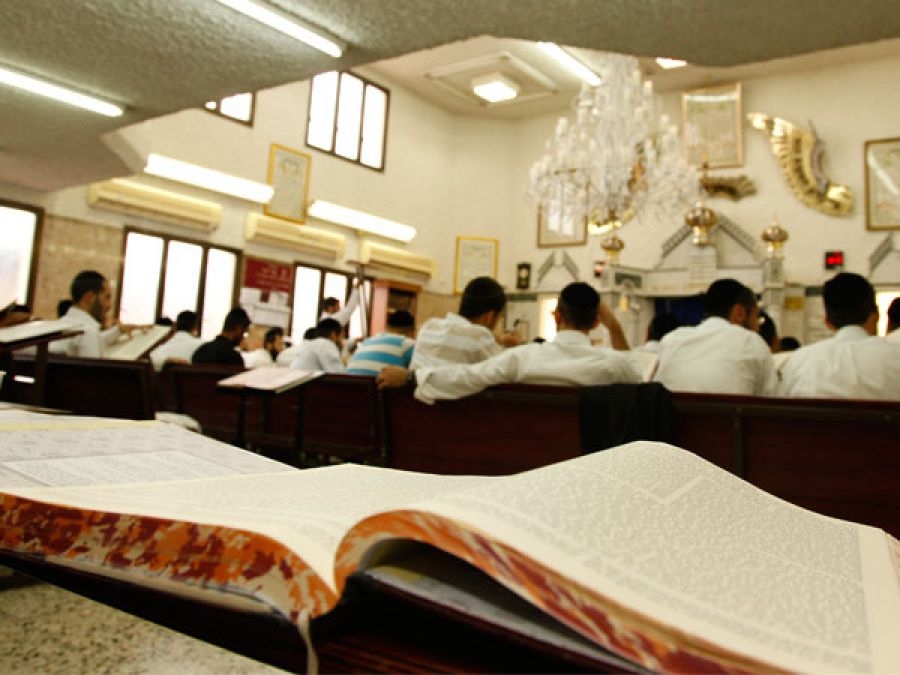























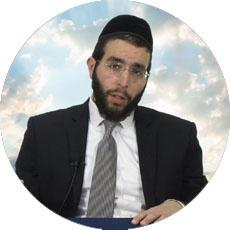


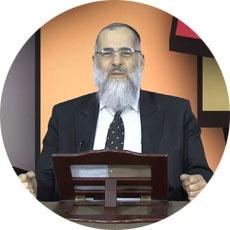
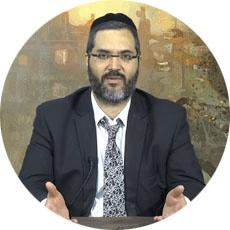




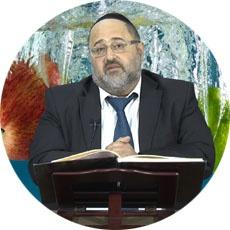
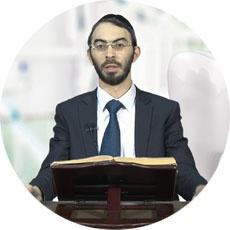
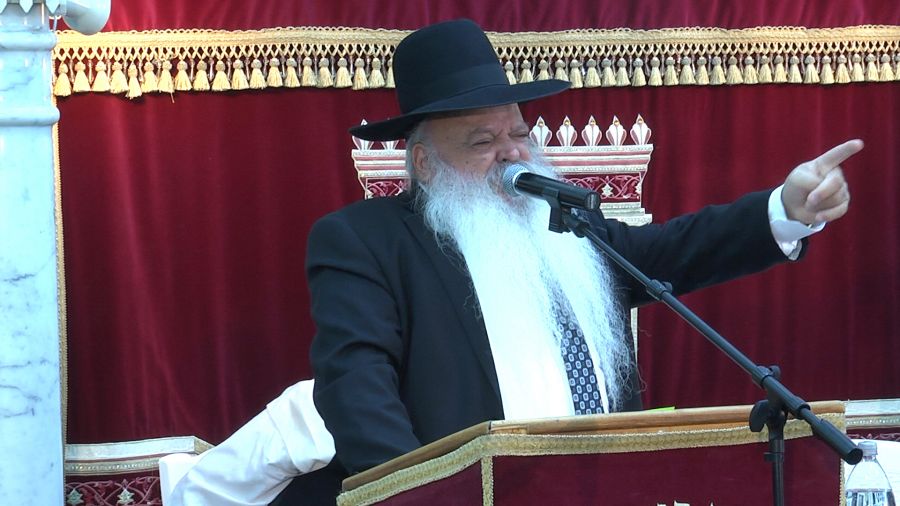
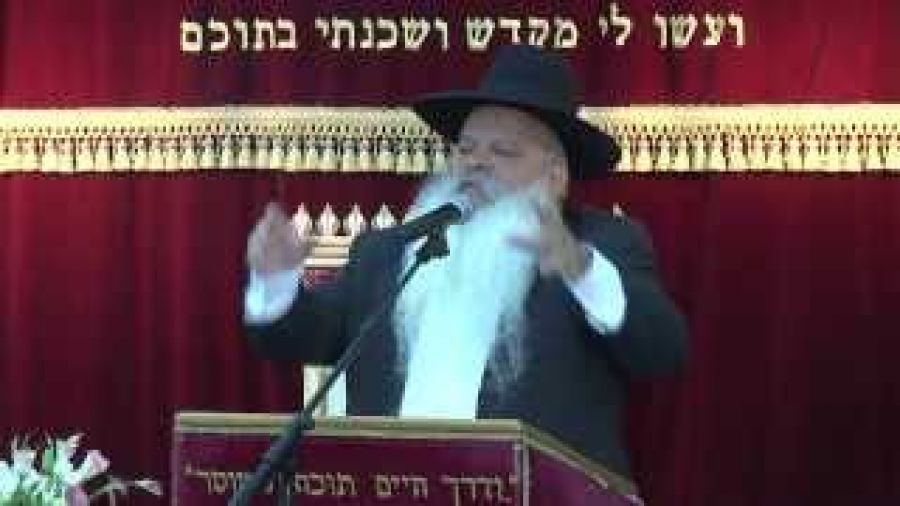









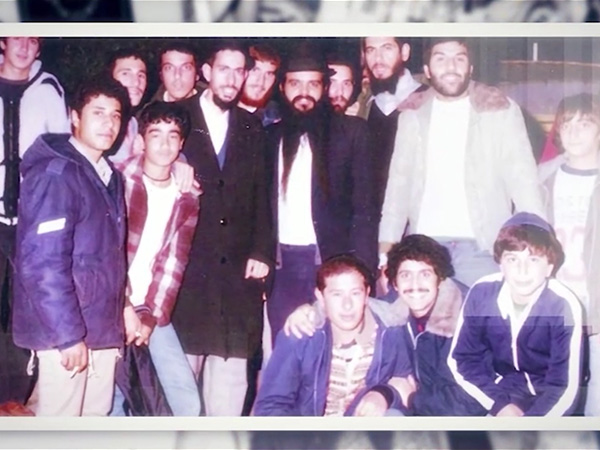
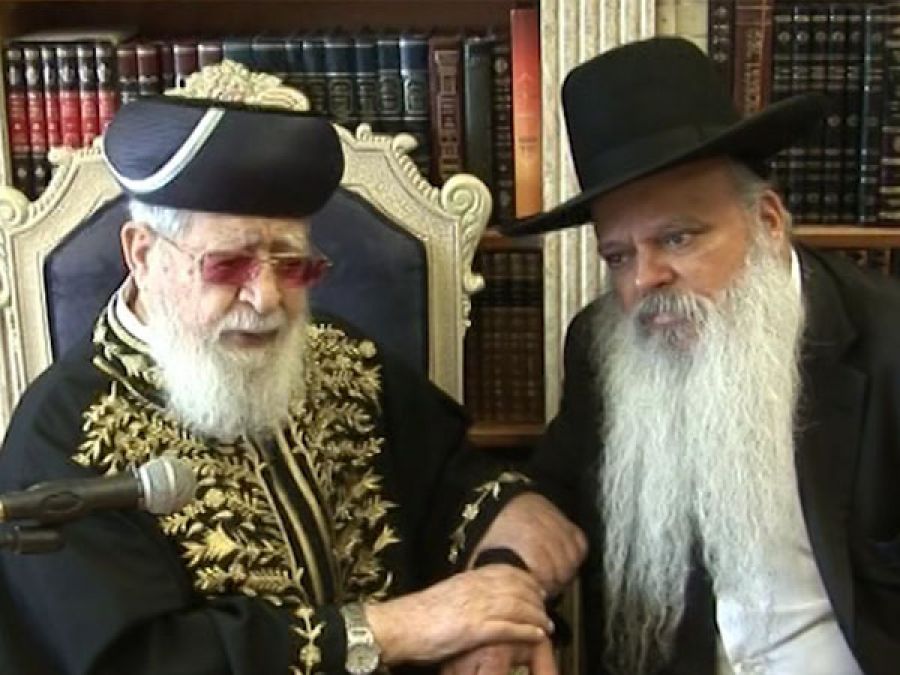

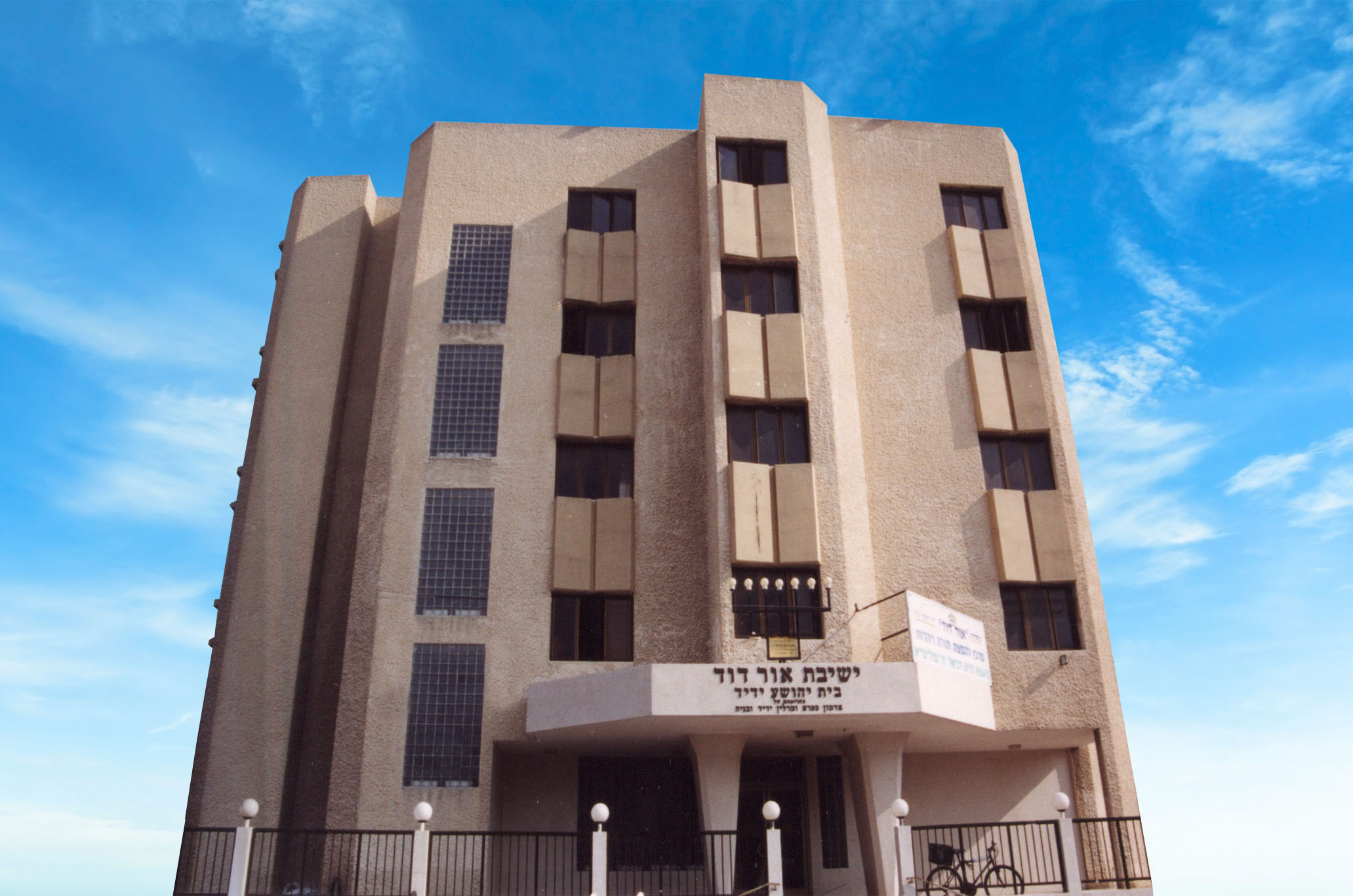
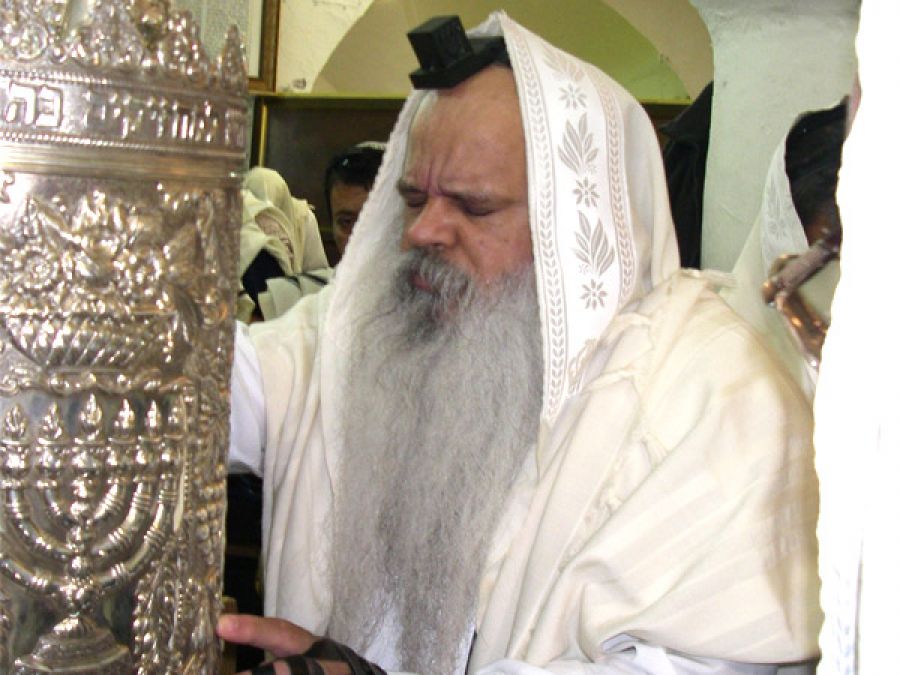

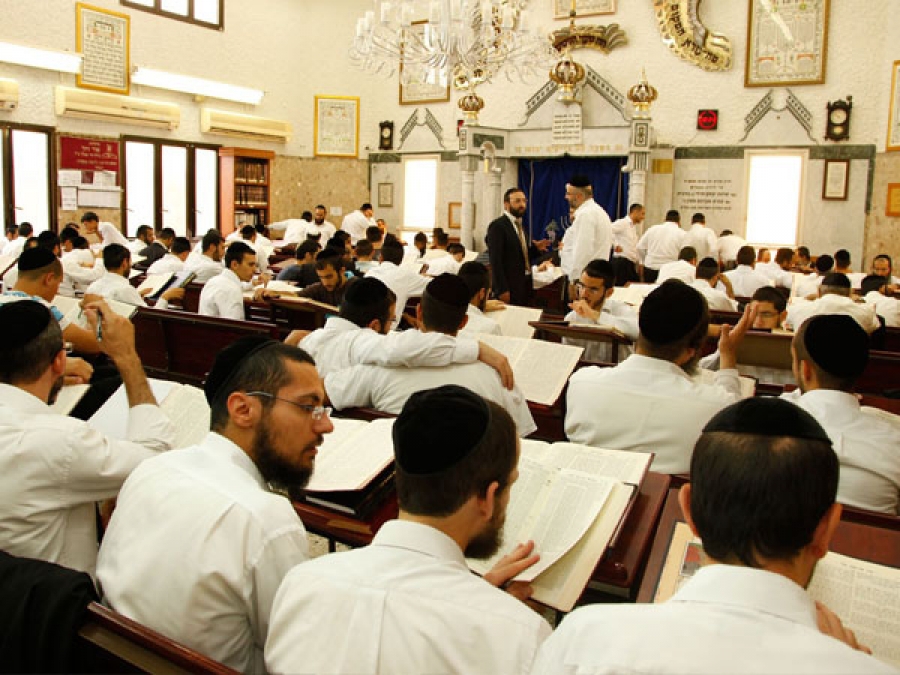
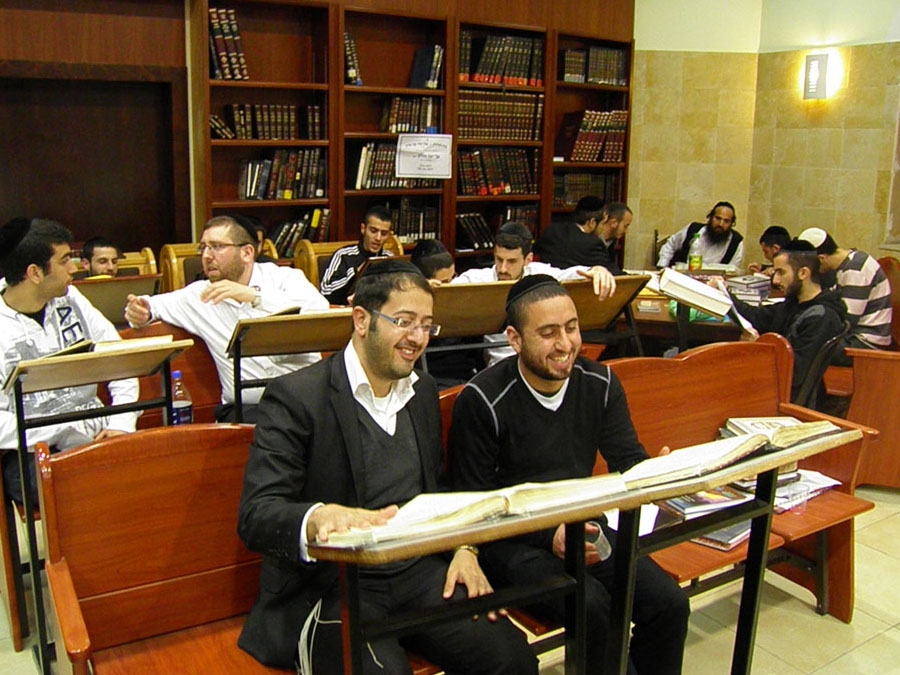
אהבתם? תנסו גם את אלו